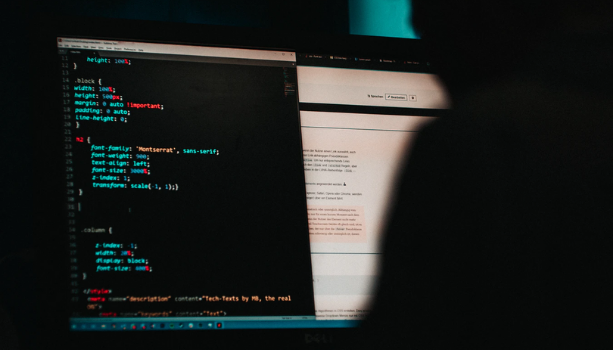Has Your Website Been Pawned? Start Protecting with WAF Today
Reasons Why Hackers Target Your Website
As website hackings get more and more sophisticated, we are witnessing different types of data breaches every single day. If you’re wondering why hackers would go for your website and data, then this blog article is definitely for you.
The biggest reason why hackers target websites is because of financial motivations. Of course, hackers also target websites to express their opinions (whether it’s political or not), or they even just do it for fun! Anyhow, we’re here to guide you through the whole process of analyzing to managing your website and your customers’ data before and after the breach.
What Happens When Hackers Attack My Website?
Since websites not only collect but also store and use the collected information, hackers take advantage of the information and data which could worth millions of dollars in total. They usually leak sensitive and confidential information and intellectual property to sell them on the dark web, or even to your competitors. Confidential information includes personally identifiable information like health records, financial information like payment cards, account details, and so on.
How Can I Prevent My Website from Attacks?
If you’re telling yourself that you don’t need any website or data protection solutions because your business is small, or because there’s no intellectual property for them to steal, then you’re wrong! According to the Verizon Business 2020 Data Breach Investigations Report, almost a third (28%) of data breaches occurred in 2020 involved small to medium-sized businesses.
It’s important to adopt protection and detection software or solutions to prevent cyberattacks and data breaches, however, what really should be prioritized is that you regularly scan your website to see if there are any blocklist warnings or even to just discover new vulnerabilities. In addition, keeping your CMS version up to date (for instance, WordPress) is also critical in protecting your website from malicious attacks.
What Should I Do When My Website is Hacked?
First of all, do not panic! You want to focus all your efforts and energy on finding the solutions. Most of the hosting companies can help you guide through the whole recovery process, but if they’re unable to help, then it’s probably the best solution to hire a professional.
Once you’ve located the issue and recovered the website, you can start restoring the backup. This is why it’s important to create backups regularly, however, you would still need to manually remove malware from the website (if there’s any) just in case to avoid any malicious activity going forward.
Additionally, be sure to change all the passwords related to your website. Make sure to not only change the CMS password but also the panel, database, and FTP, and any other passwords that are relevant. If your website was storing any customer information, you must also notify them right away so that they can change their passwords and prevent their data from being stolen or manipulated. (Get to know about smart and creative ways of setting easy and robust passwords here)
Last but not least, make sure to install a WAF to your local PC since it helps to significantly reduce the risk of attacks. Over 70% of hacking attempts are carried out through the web and over 90% among them are targeted at web applications. (This means that over half of all cyberattacks are directed at web applications!) Read more to learn about the technical reasons why you need a WAF and WAPPLES, a rule-based customizable WAF, here today.
